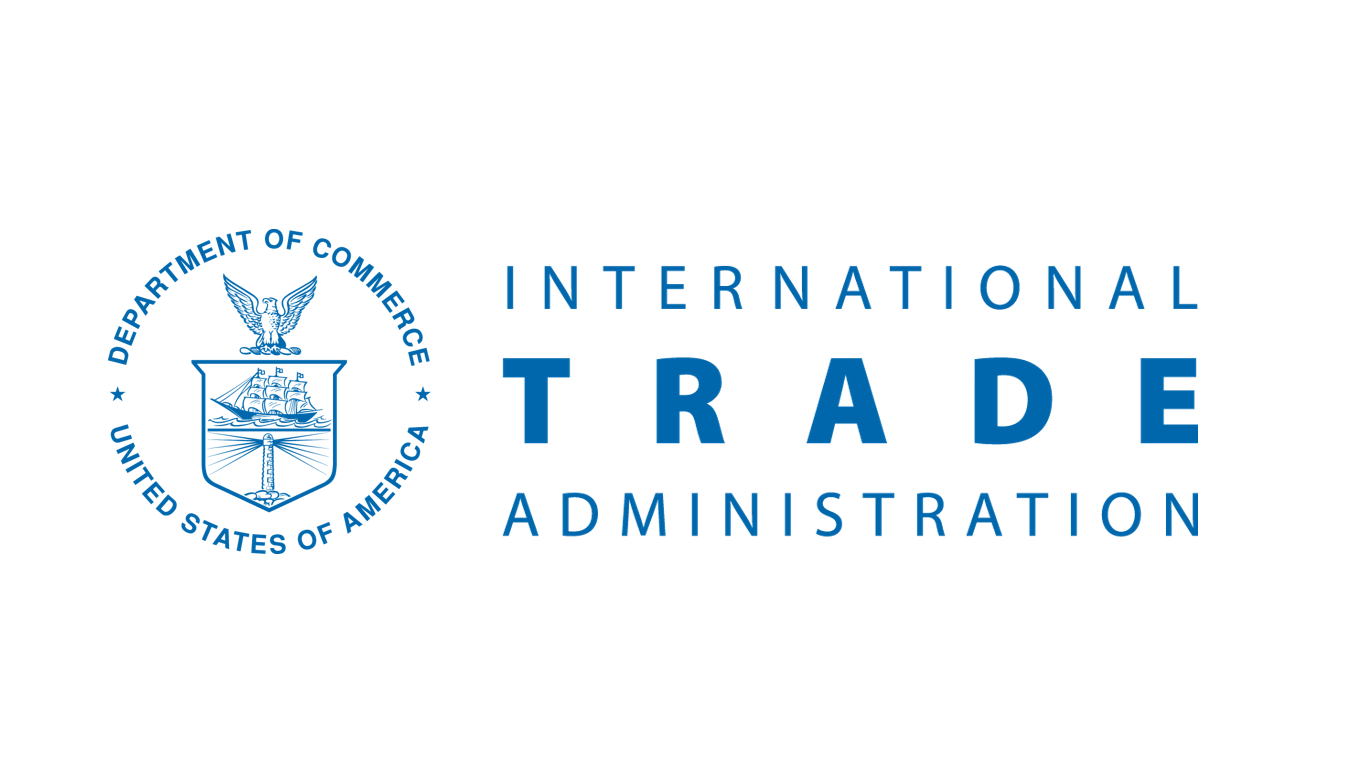Textile and Apparel Market Report – Costa Rica
Costa Rica
Market Report
Textiles, Apparel, Footwear, and Travel Goods
The following information is provided only as a guide and should be confirmed with the appropriate overseas market authorities before embarking on any export activities.
OFFICE OF TEXTILES AND APPAREL (OTEXA)
Import Tariffs and Customs Requirements
Costa Rica is a member of the Central American Common Market (CACM). Member countries of CACM (Costa Rica, El Salvador, Guatemala, Honduras, Nicaragua) apply a common external tariff (CET) for products manufactured and imported from outside of the CACM. However, each CACM member is allowed to determine product exceptions. Textile and apparel products are generally exceptions. For more information on this and other agreements, see the Organization of American States (OAS) website.
The United States, Honduras, Costa Rica, El Salvador, Guatemala, Nicaragua, and the Dominican Republic are partners in the U.S - Dominican Republic-Central America Free Trade Agreement (CAFTA-DR), which allows for increased opportunities for U.S. textile and apparel trade and business in the CAFTA-DR region. For example, qualifying U.S. textile and apparel products enter the CAFTA region duty free. For more information on benefits provided under the this agreement, see the CAFTA-DR in the FTA section.
Applied customs duties (Impuesto Arancelario - D.A.I.) are levied on the c.i.f. (cost, insurance, freight) value of the imported item.
For more information on Costa Rica’s tariff rates, see OTEXA’s Foreign Market Reports page.
A general sales tax (Impuesto General sobre las Ventas –IGV) of 13 percent is levied on the c.i.f. value of imported goods plus import duty paid, plus any other import charges and the relevant internal taxes. However, apparel and footwear are exempt from the IGV.
See additional customs and import regulation information in the Country Commercial Guide for Costa Rica.
Standards
Some textile products in HS chapters 50, 51, 52, 53, 56, 57 and 63 may be subject to verification and phytosanitary/sanitary approval at the point of entry for customs clearance. Procedures for the application of phytosanitary requirements for the import of products capable of carrying diseases are administered by the Ministry of Agriculture and Livestock (MAG), Quarantine and Plant Register.
Certain textile products in HS chapter 56 may be subject to authorization for the import of raw materials, basic elements for medicines and cosmetics, medicines, cosmetics and medical equipment from the Ministry of Health, Department of Drugs and Narcotics, Control and Registration.
Local standards organization and other resources:
- El Ministerio de Economía, Industria y Comercio - MEIC (Ministry of Economy, Industry and Commerce)
- Instituto de Normas Técnicas de Costa Rica - INTECO - Costa Rican Technical Standards Institute
For more information on Costa Rica’s national standards, accreditation bodies, national testing organization(s) and conformity assessment bodies, see the Trade Standards page of the Country Commercial Guide for Costa Rica.
Labeling
Apparel and Home Textiles:
Guatemala, El Salvador, Honduras, Nicaragua, Costa Rica and Panama have adopted the Central American Technical Regulation (RTCA) 59.01.08:12 for the Labelling Requirements of Textiles and Textile Products. Under this mandatory standard, apparel and home textiles must have a permanent label, in Spanish, with the following information:
- Fiber content
- Size or dimensions
- Care instructions
- Country of origin
- Name of manufacturer, distributor or importer (based in the region)
Footwear:
Costa Rica, Honduras, El Salvador, Nicaragua and Guatemala have adopted the Central American Technical Regulation (RTCA) 61.01.03:12 Footwear and Parts: Labeling Requirement. The regulation requires that footwear be labeled in Spanish with the following information:
- material used on the parts of footwear
- name and address of manufacturer or distributor for domestic products
- name and address of importer or distributor for imported products
- country of origin
- size of the footwear
The label information must be placed on at least one shoe of each pair. Material used of the component parts can be expressed by text, pictograms or both.
See the Secretariat for Economic Integration (SIECA) website for more information on the RTCAs developed by the members of the Central American Integration System (SICA) — Costa Rica, El Salvador, Guatemala, Honduras, Nicaragua and Panama.
For an overview of the different labeling and marking requirements, including any restrictive advertising or labeling practices and where to get more information, see the Labeling/Marking Requirements page on the Country Commercial Guide for Costa Rica.
Market Resources
Explore key resources and events, contact the Commercial Service Costa Rica.
Visit OTEXA’s Grow America webpage.
For more information on exporting textiles, apparel, footwear and travel goods, go to the Additional Market Information Page on the OTEXA Website.
